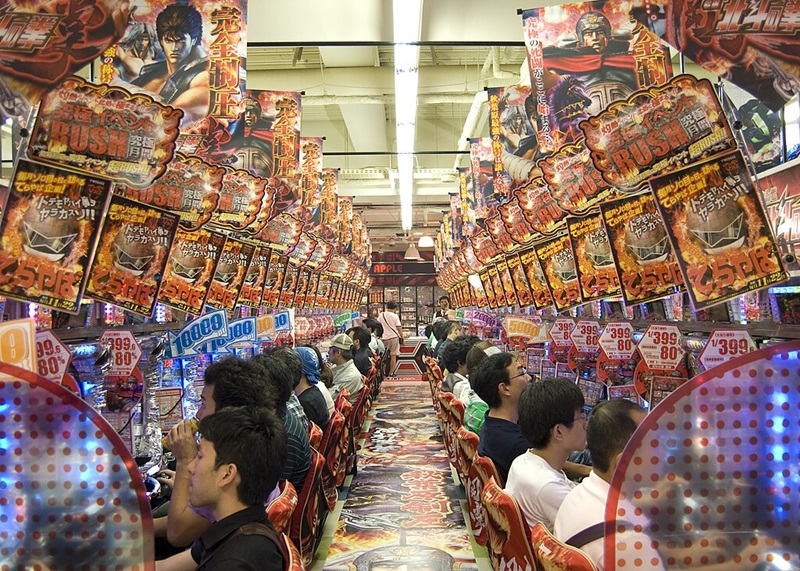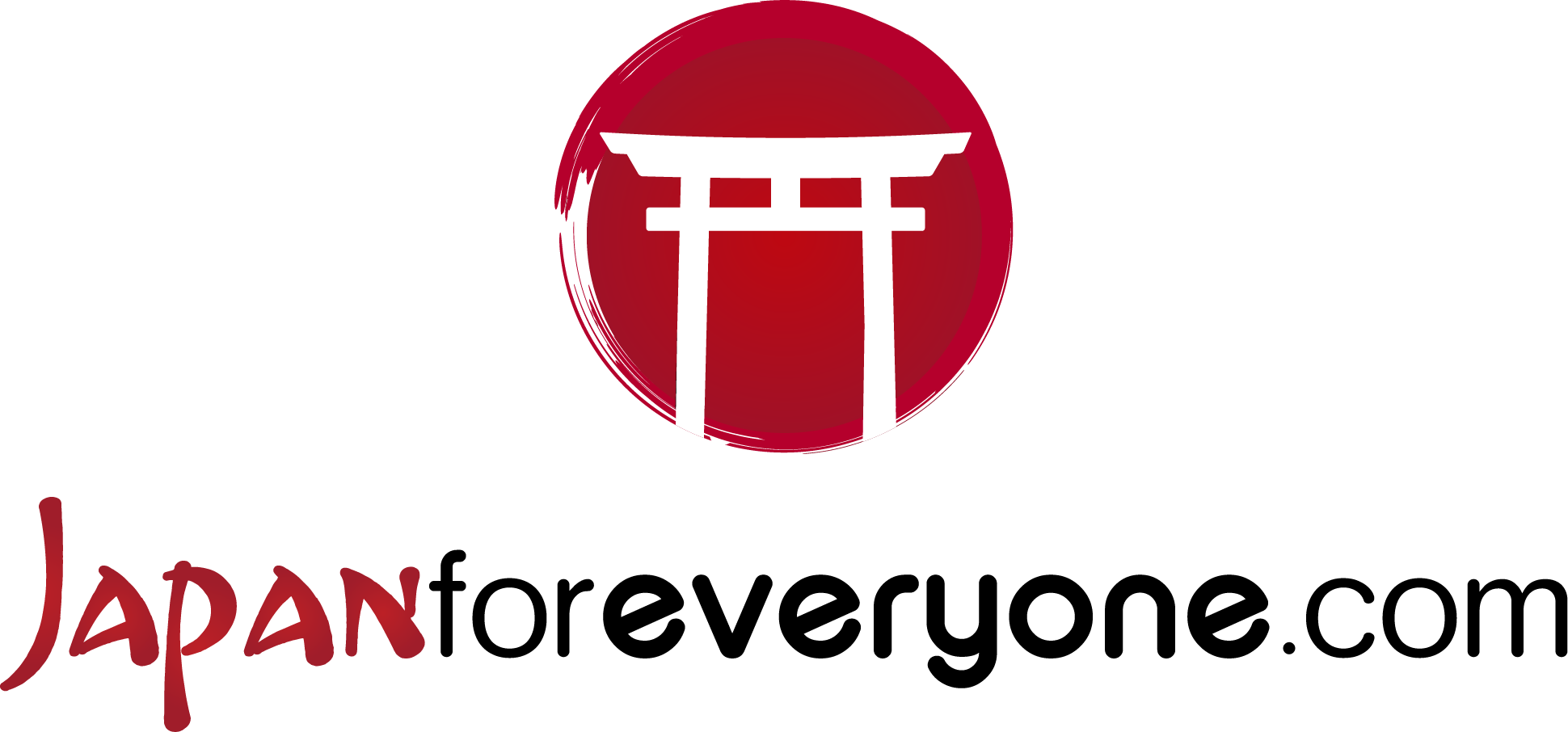Pachinko
Pachinko is a popular game of chance in Japan, mixing elements of fliperama and slot machines. It is considered one of the favourite pastimes of the Japanese and Pachinko parlours can be found throughout the nation.
The concept of Pachinko is quite simple: players buy metal balls to insert into the machine. They then have to shoot the balls through a series of pins and obstacles in the hope of landing them in holes that give points. The points earned can later be exchanged for prizes, such as mineral water, cigarettes or even money.
What sets Pachinko apart is its high noise level. Pachinko parlours are places full of twinkling lights and deafening sounds. Players bring the game to life by shooting balls with a button that allows them to change the speed and direction of the balls.
Despite being considered a game of chance, Pachinko is in a kind of legal grey area. Although it is illegal to exchange money directly within Pachinko parlours, players can easily convert points earned into prizes, which can then be sold to outside businesses for cash.
Pachinko has become a huge business in Japan, generating billions of dollars in profits every year. Many Pachinko parlours are open 24 hours a day and are equipped with smoking rooms, snack bars and currency exchange services.
However, there is an ongoing debate about the legality and social impact of Pachinko. Some argue that the game promotes addiction and compulsive gambling, while others see Pachinko simply as a form of entertainment. As a result, regulations have been proposed to regulate the Pachinko industry while preserving its recreational dimension.
Despite the controversy, Pachinko remains an intrinsic part of Japanese culture and a unique experience for those visiting the Land of the Rising Sun.

Tischbeinahe, CC BY-SA 3.0, via Wikimedia Commons
Slot moderna – User:Piotrus, CC BY 3.0, via Wikimedia Commons


